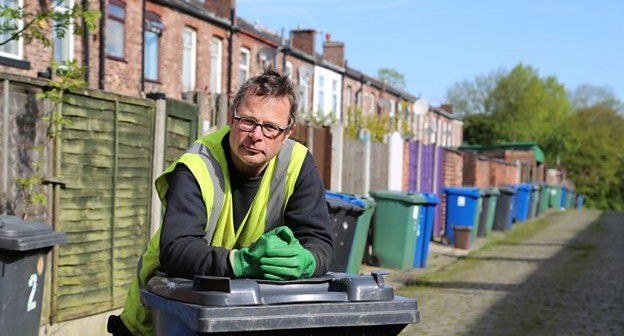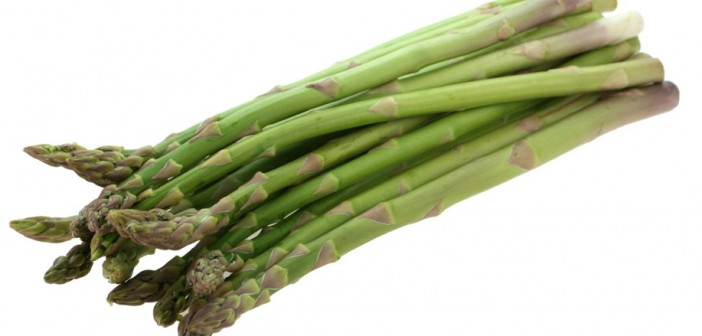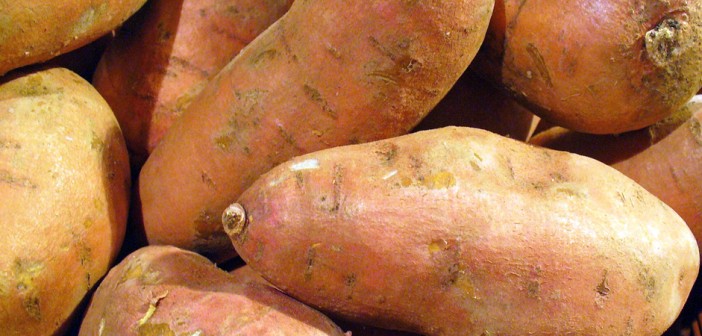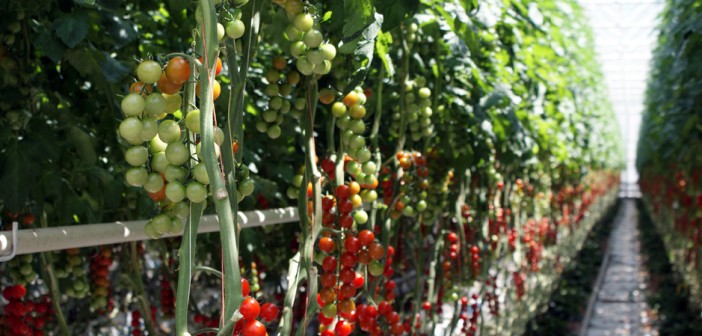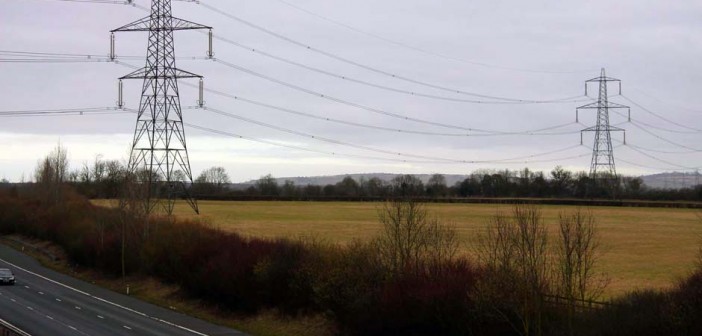A Vancouver-based start-up has plans to use bumblebees, already many growers best friend, to deliver natural pesticides and beneficial fungi directly to plants.
The company aims to commercialise technology developed by researchers at the University of Guelph. This uses a tray filled with a patented mix of natural, beneficial microbes, which is then placed into the beehives placed in the crops for pollination.
“Imagine you have an apple orchard,” said Michael Collinson, president and CEO of Bee Vectoring Technology. “Because apple trees have a very large canopy, even though you may spray it and use a special type of spray that doesn’t go everywhere, you still won’t touch every bloom. Whereas the bees deliver product every single day, to every single bloom.”
The company says it has conducted extensive testing to make sure the process is safe for bees and uses materials in the powder that bees would naturally come across. “The bees are actually already carrying it, but they don’t carry it that often,” adds Collinson. “So what we’re doing as a company, what happens once in a while in nature, we’re making it happen consistently.”

The post Bumblebees could deliver organic pesticides appeared first on Hort News.

